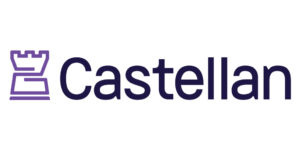Castellan Solutions, the largest, global provider of business continuity and operational resilience solutions, announces the release of BC Management’s 2021 Compensation Report. In this 19th edition report, BC Management, a division of Castellan, partnered with the Business Continuity Institute (BCI) to assess compensation earning potential by years of experience, degree, years of management and leadership expertise, geography, and certification.
Read More: Mitel Extends Partner First Commitment with Enhanced Global Partner Program
“When we first started gathering this data almost 20 years ago, it was because there was an unknown around compensation benchmarks and earning potential across the industry”
“When we first started gathering this data almost 20 years ago, it was because there was an unknown around compensation benchmarks and earning potential across the industry,” says Cheyene Marling, Managing Director at BC Management. “This report allows individuals to not only review compensation, but also gives them the opportunity to dig into the data and understand how their competencies compare in the industry and how that impacts their career growth and trajectory.”
The data highlighted in the 2021 Compensation Report was gathered throughout Q1 2021. One key insight, even after an unprecedented year, is the stability in employment, as 83% of respondents indicated that employment continued with their same organization.
Read More: SalesTechStar Interview with Mariya George, Co-Founder and President at Cleareye.ai
Insights continued to support the trend of business continuity and resilience professionals achieving an advanced degree or certification – with 81% having done so – which is a marked difference from 20 years ago when most professionals entered business continuity through IT straight out of high school.
In regard to COVID-19, 31% of respondents served as a senior leader in their organization’s pandemic response. Benefits received were also impacted by COVID-19, with flexible work schedule offerings increasing 13% (67% pre-March 2020 increasing to 80% this year).
Read More: The Hidden Fees of Fraud























